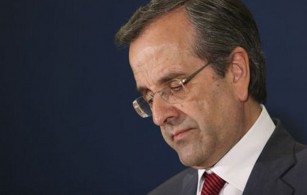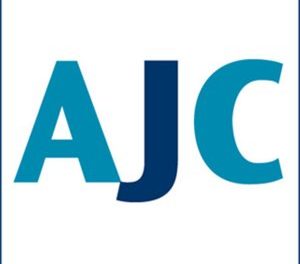By Silvia Amaro, CNBC
It wouldn’t be the first time that Tsipras called for an early election. Back in 2015, after signing the country’s third bailout program, Tsipras called a snap election after receiving criticism from the more radical members of his Syriza party — a left-wing populist party that investors used to perceive as a risk for the Greek economy. Syriza had an outspoken anti-austerity stance, but Tsipras and his government have nonetheless put in place the policies that creditors asked for and have vowed to continue reforming the economy.
In 2015, the main stock index in Greece dropped 18 percent during the three trading days following the announcement of the snap election. Overall, since the start of 2010 — the year when Greece signed its first bailout program — the stock market has lost about 83 percent of its value until now. In comparison, Portugal, who also asked for financial assistance in 2011, saw a contraction of about 36 percent in the same period.
Nonetheless, a snap election later this year could actually prove positive for Greek stocks, analysts told CNBC.
The latest opinion polls show the center-right party, New Democracy, would get the highest number of votes if there was an election today — a tally of 28.9 percent which is a 10.3 percent lead from the ruling Syriza.
“Syriza has trailed in the polls behind the opposition center-right New Democracy (ND) since the election in January 2016 of Kyriakos Mitsotakis as ND leader,” Joan Hoey, director for Europe at The Economist Intelligence Unit, told CNBC.
However, “the polls are likely to narrow ahead of the next election,” she said. “Tsipras is an effective political campaigner, and Syriza has a natural support base in the public sector.”
Analysts are positive that both leaders could actually boost share prices. According to Zsolt Darvas, a senior fellow at the think tank Bruegel, even if an election is called in earlier than expected, there shouldn’t be many policy differences.
“The reality is that Greece has a very high debt level,” he told CNBC, adding that as a result the next government will always have little room to increase spending. Greece’s public debt is about 180 percent of its growth domestic product.
Leader of the opposition Mitsotakis has said he will cut the corporate tax rate to 20 percent from 29 percent, as well as reducing the property tax, in an attempt to bring foreign investment into Greece. These policies could be interpreted as business-friendly and thus supportive of stocks.
On the other hand, the end of the bailout program will be a key moment for the political future of Tsipras. The details of that exit are not yet known, but if the creditors force Greece to request further financial help, Tsipras could see his popularity falling.
Nonetheless, come August, Tsipras will likely tell Greeks that the country is once and for all free from the Troika — the European Commission, the European Central Bank and the International Monetary Fund, which have forced Greece to implement massive cuts over the past few years.
He will also be keen to announce that creditors have restructured Greece’s debt — a major policy pledge that his government did back in 2015. The restructuring of the debt will only be fully detailed with creditors later this year, but it will significantly reduce Greece’s debt financing in the future. This will allow the prime minister to tell voters that he has managed to overcome criticism from countries like Germany.
“Investors have now become used to Syriza and Tsipras,” Ciaran O’Hagan, head of euro rates research at Societe Generale, told CNBC via email, adding that there could be a muted reaction in case Tsipras is re-elected.



















